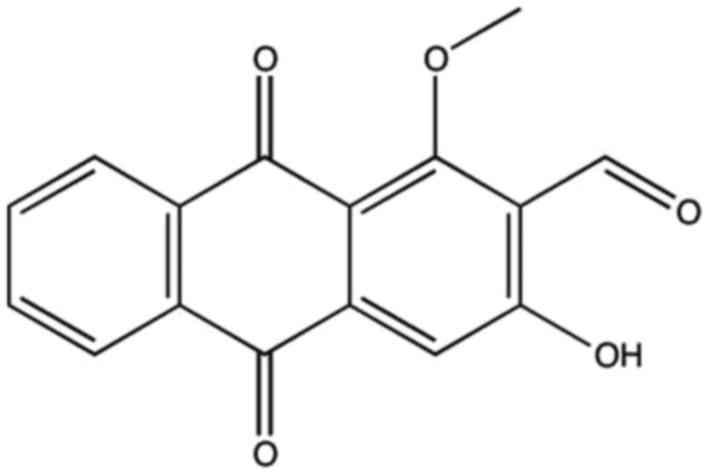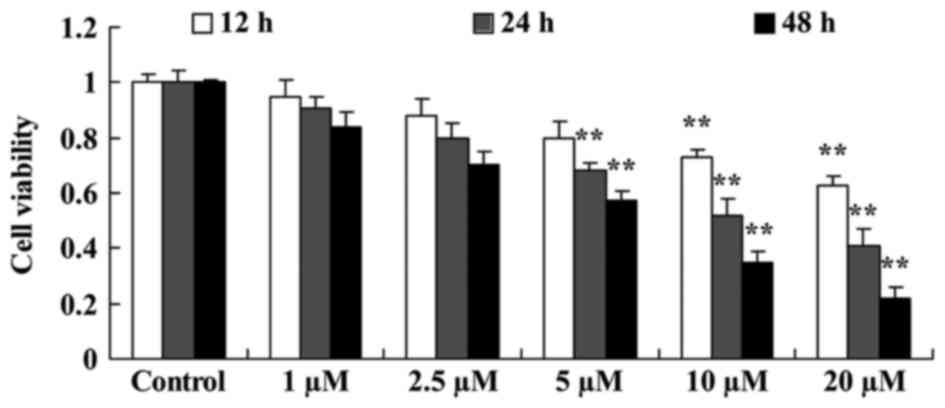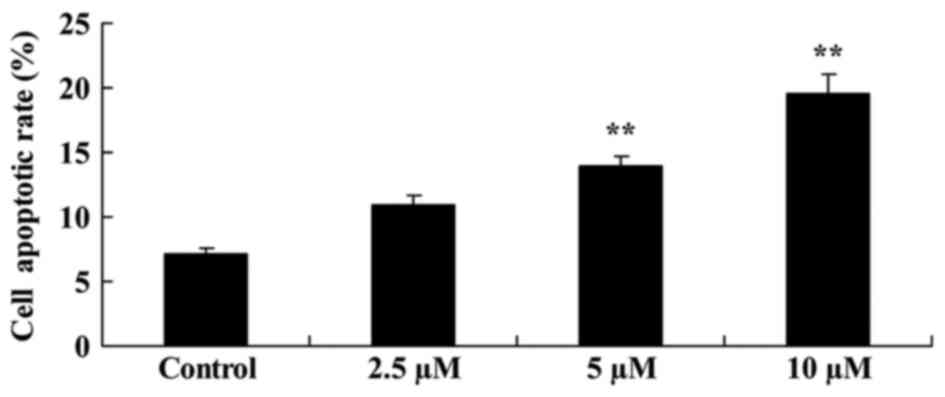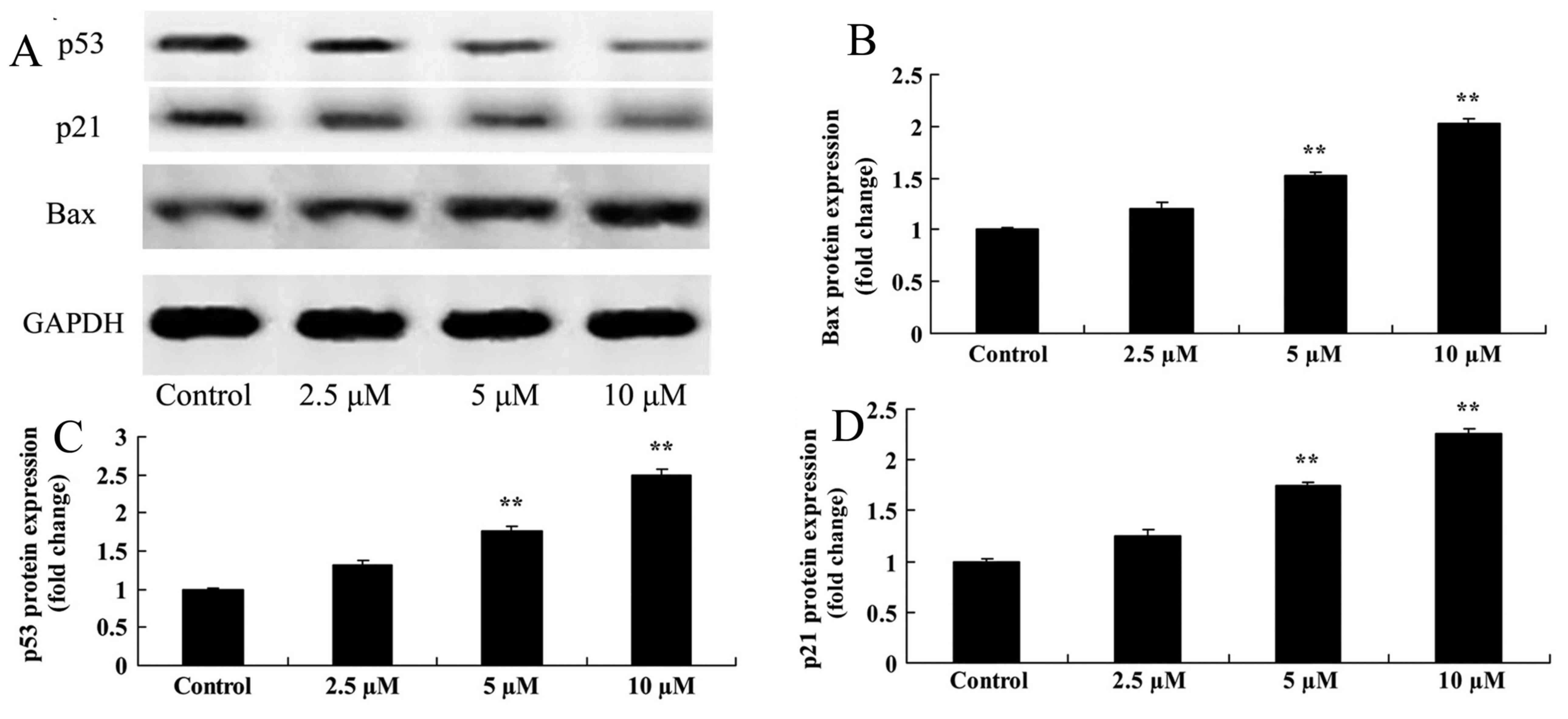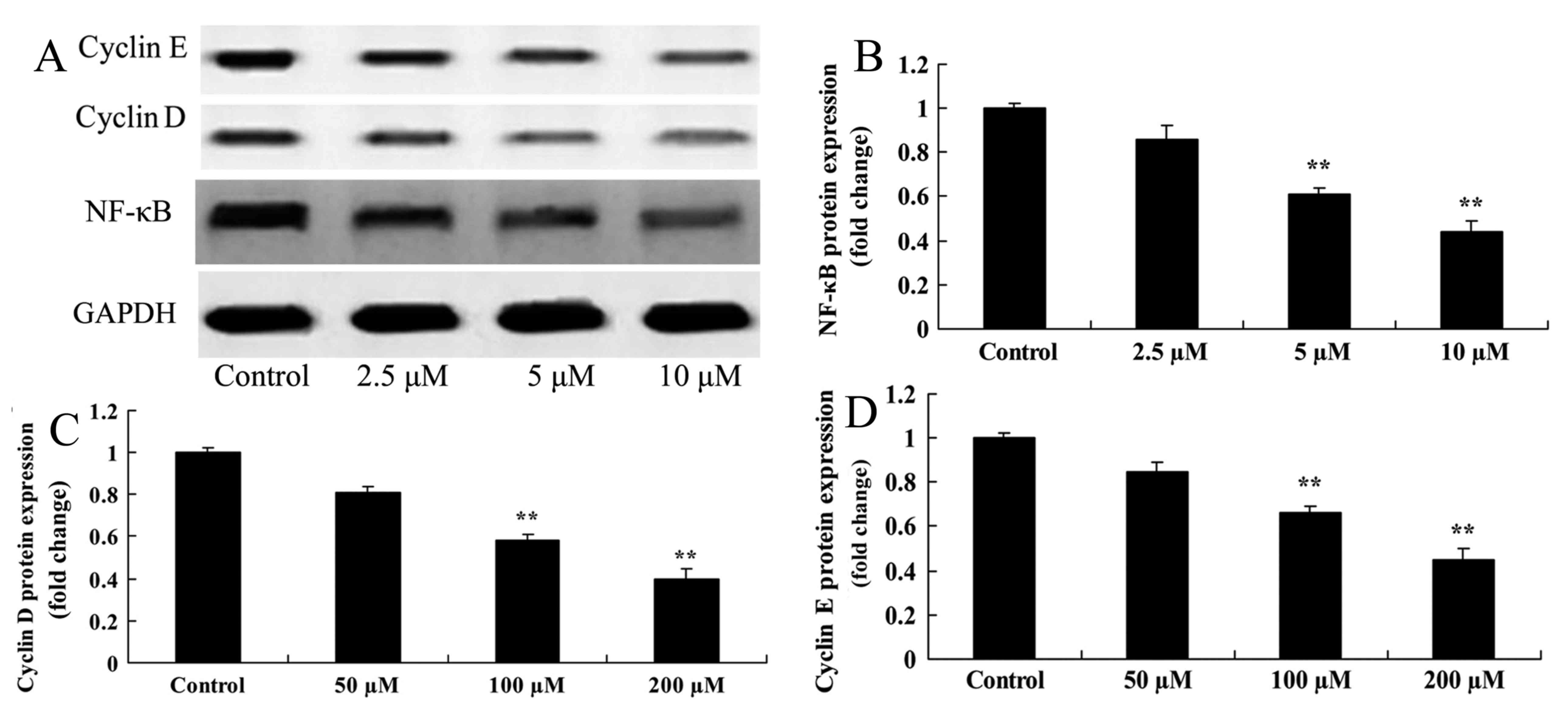|
1
|
McMasters KM, Egger ME, Edwards MJ, Ross
MI, Reintgen DS, Noyes RD, Martin RC II, Goydos JS, Beitsch PD,
Urist MM, et al: Final results of the sunbelt melanoma trial: A
multi-institutional prospective randomized phase III study
evaluating the role of adjuvant high-dose interferon Alfa-2b and
completion lymph node dissection for patients staged by sentinel
lymph node biopsy. J Clin Oncol. 34:1079–1086. 2016. View Article : Google Scholar : PubMed/NCBI
|
|
2
|
Hamid O, Ilaria R Jr, Garbe C, Wolter P,
Maio M, Hutson TE, Arance A, Lorigan P, Lee J, Hauschild A, et al:
A randomized, open-label clinical trial of tasisulam sodium versus
paclitaxel as second-line treatment in patients with metastatic
melanoma. Cancer. 120:2016–2024. 2014. View Article : Google Scholar : PubMed/NCBI
|
|
3
|
Zimmer L, Vaubel J, Mohr P, Hauschild A,
Utikal J, Simon J, Garbe C, Herbst R, Enk A, Kämpgen E, et al:
Phase II DeCOG-study of ipilimumab in pretreated and
treatment-naive patients with metastatic uveal melanoma. PLoS One.
10:e01185642015. View Article : Google Scholar : PubMed/NCBI
|
|
4
|
Ferrucci PF, Minchella I, Mosconi M,
Gandini S, Verrecchia F, Cocorocchio E, Passoni C, Pari C, Testori
A, Coco P and Munzone E: Dacarbazine in combination with
bevacizumab for the treatment of unresectable/metastatic melanoma:
A phase II study. Melanoma Res. 25:239–245. 2015. View Article : Google Scholar : PubMed/NCBI
|
|
5
|
Genov M, Kreiseder B, Nagl M, Drucker E,
Wiederstein M, Muellauer B, Krebs J, Grohmann T, Pretsch D, Baumann
K, et al: Tetrahydroanthraquinone derivative
(+/−)-4-deoxyaustrocortilutein induces cell cycle arrest and
apoptosis in melanoma cells via upregulation of p21 and p53 and
downregulation of NF-kappaB. J Cancer. 7:555–568. 2016. View Article : Google Scholar : PubMed/NCBI
|
|
6
|
Vilgelm A and Richmond A: Combined
therapies that induce senescence and stabilize p53 block melanoma
growth and prompt antitumor immune responses. Oncoimmunology.
4:e10092992015. View Article : Google Scholar : PubMed/NCBI
|
|
7
|
He T, Wu J, Chen Y and Zhang J: TP 53
polymorphisms and melanoma: A meta-analysis. J Cancer Res Ther.
11:409–414. 2015. View Article : Google Scholar : PubMed/NCBI
|
|
8
|
Ohashi K, Sampei K, Nakagawa M, Uchiumi N,
Amanuma T, Aiba S, Oikawa M and Mizuno K: Damnacanthal, an
effective inhibitor of LIM-kinase, inhibits cell migration and
invasion. Mol Biol Cell. 25:828–840. 2014. View Article : Google Scholar : PubMed/NCBI
|
|
9
|
Abu N, Ali NM, Ho WY, Yeap SK, Aziz MY and
Alitheen NB: Damnacanthal: A promising compound as a medicinal
anthraquinone. Anticancer Agents Med Chem. 14:750–755. 2014.
View Article : Google Scholar : PubMed/NCBI
|
|
10
|
Shaghayegh G, Alabsi AM, Ali-Saeed R, Ali
AM, Vincent-Chong VK and Zain RB: Cell cycle arrest and mechanism
of apoptosis induction in H400 oral cancer cells in response to
Damnacanthal and Nordamnacanthal isolated from Morinda citrifolia.
Cytotechnology. 68:1999–2013. 2016. View Article : Google Scholar : PubMed/NCBI
|
|
11
|
Lian B, Si L, Cui C, Chi Z, Sheng X, Mao
L, Li S, Kong Y, Tang B and Guo J: Phase II randomized trial
comparing high-dose IFN-α2b with temozolomide plus cisplatin as
systemic adjuvant therapy for resected mucosal melanoma. Clin
Cancer Res. 19:4488–4498. 2013. View Article : Google Scholar : PubMed/NCBI
|
|
12
|
Sukamporn P, Rojanapanthu P, Silva G,
Zhang X, Gritsanapan W and Baek SJ: Damnacanthal and its
nanoformulation exhibit anti-cancer activity via cyclin D1
down-regulation. Life Sci. 152:60–66. 2016. View Article : Google Scholar : PubMed/NCBI
|
|
13
|
Kaluzki I, Hrgovic I, Hailemariam-Jahn T,
Doll M, Kleemann J, Valesky EM, Kippenberger S, Kaufmann R, Zoeller
N and Meissner M: Dimethylfumarate inhibits melanoma cell
proliferation via p21 and p53 induction and bcl-2 and cyclin B1
downregulation. Tumour Biol. 37:13627–13635. 2016. View Article : Google Scholar : PubMed/NCBI
|
|
14
|
Prasad ML, Patel SG, Shah JP,
Hoshaw-Woodard S and Busam KJ: Prognostic significance of
regulators of cell cycle and apoptosis, p16(INK4a), p53, and bcl-2
in primary mucosal melanomas of the head and neck. Head Neck
Pathol. 6:184–190. 2012. View Article : Google Scholar : PubMed/NCBI
|
|
15
|
Nylund C, Rappu P, Pakula E, Heino A,
Laato L, Elo LL, Vihinen P, Pyrhönen S, Owen GR, Larjava H, et al:
Melanoma-associated cancer-testis antigen 16 (CT16) regulates the
expression of apoptotic and antiapoptotic genes and promotes cell
survival. PLoS One. 7:e453822012. View Article : Google Scholar : PubMed/NCBI
|
|
16
|
Aziz MY, Omar AR, Subramani T, Yeap SK, Ho
WY, Ismail NH, Ahmad S and Alitheen NB: Damnacanthal is a potent
inducer of apoptosis with anticancer activity by stimulating p53
and p21 genes in MCF-7 breast cancer cells. Oncol Lett.
7:1479–1484. 2014. View Article : Google Scholar : PubMed/NCBI
|
|
17
|
Aggarwal BB and Sung B: NF-κB in cancer: A
matter of life and death. Cancer Discov. 1:469–471. 2011.
View Article : Google Scholar : PubMed/NCBI
|
|
18
|
Rabbie R and Adams DJ: Desmoplastic
melanoma: C>Ts and NF-κB. Pigment Cell Melanoma Res. 29:120–121.
2016. View Article : Google Scholar : PubMed/NCBI
|
|
19
|
Shan X, Tian LL, Zhang YM, Wang XQ, Yan Q
and Liu JW: Ginsenoside Rg3 suppresses FUT4 expression through
inhibiting NF-κB/p65 signaling pathway to promote melanoma cell
death. Int J Oncol. 47:701–709. 2015. View Article : Google Scholar : PubMed/NCBI
|
|
20
|
Thu YM and Richmond A: NF-κB inducing
kinase: A key regulator in the immune system and in cancer.
Cytokine Growth Factor Rev. 21:213–226. 2010. View Article : Google Scholar : PubMed/NCBI
|
|
21
|
Wu FH, Yuan Y, Li D, Lei Z, Song CW, Liu
YY, Li B, Huang B, Feng ZH and Zhang GM: Endothelial cell-expressed
Tim-3 facilitates metastasis of melanoma cells by activating the
NF-kappaB pathway. Oncol Rep. 24:693–699. 2010.PubMed/NCBI
|
|
22
|
Kim MH and Jeong HJ: Damnacanthal inhibits
the NF-κB/RIP-2/caspase-1 signal pathway by inhibiting p56lck
tyrosine kinase. Immunopharmacol Immunotoxicol. 36:355–363. 2014.
View Article : Google Scholar : PubMed/NCBI
|















